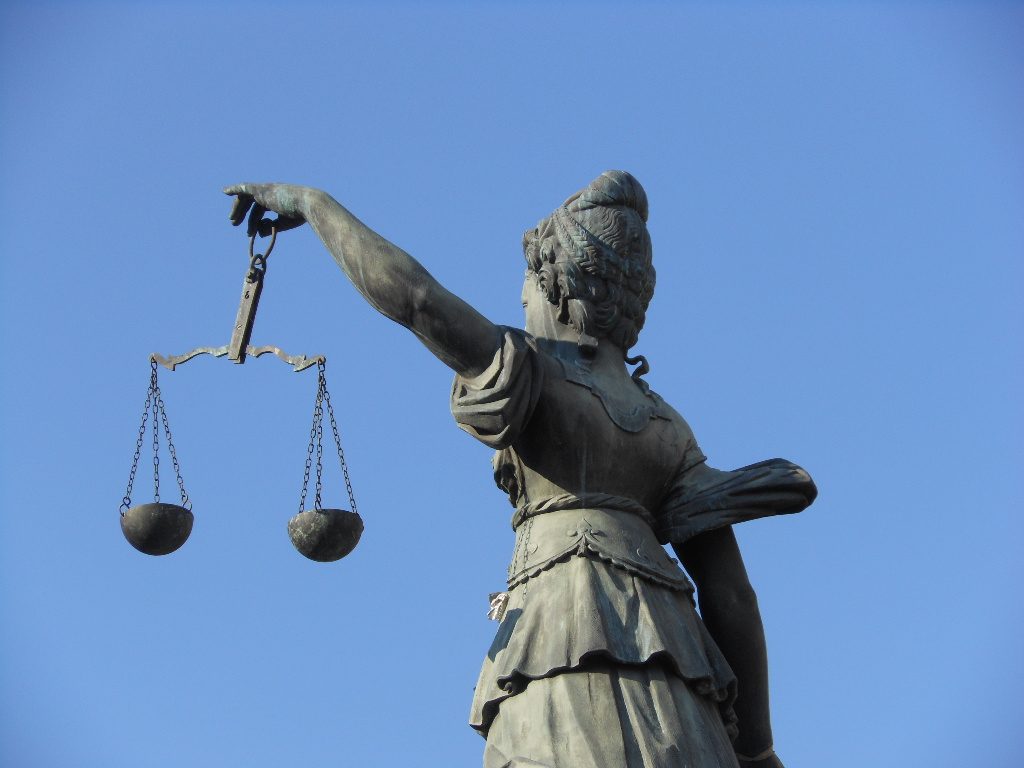Widgetized Section
Go to Admin » Appearance » Widgets » and move Gabfire Widget: Social into that MastheadOverlay zone
A Reflection on Political Change and the Road Forward
The views expressed are those of the author and do not necessarily reflect the views of ASPA as an organization.
By Ben Tafoya
November 22, 2016
As I reflect upon the last two years of these quarterly observations—and I look forward to another year of sharing my thoughts and research—I thought this might be an appropriate time to offer some direct observations about my experience in government. My work as an elected official and as an academic has been guided by a search for what we can do to make the world (or community or state or country) a better place. Isn’t this why many of us are called to this field?
After a divisive election, decided by a small but politically significant number of votes across three states, there are some pleased and some not by the outcome. For one of the few times in our recent political history, one party will have control over the White House, both Houses of Congress and most likely an ideologically friendly majority on the Supreme Court. If you are from one of the many “blue” states that voted the other way, or a corner of a “red” state that supported the winner but you didn’t, what can you do to help further your goals?
Local government is a great outlet that offers many opportunities to have a positive impact on people’s lives. We know that local government offers direct contact with people at the level of service delivery, but also in the area of personal relations and trying to lift up vulnerable communities. In Massachusetts, it is typical to have a Human Rights Commission or committee that advocate and educate for the human rights of citizens in cities or towns. Some, as in the case of the Boston Commission, have the right to investigate complaints and hold hearings in areas such as housing or credit discrimination.

These bodies are a great way for active citizens to get involved in order to preserve the progress made by vulnerable communities to achieve the full rights of citizenship. If they don’t exist in your community, ask why not and volunteer to start one. In my community, we have an active Human Relations Advisory Committee that plans intercultural events as well as handles complaints of discrimination. It has been in existence for well over a decade. Community-based committees and commissions can offer resources to help fill critical needs. There are many examples based on the struggle against discrimination related to race, gender, sexual orientation, physical challenge or religion.
Another significant approach is those efforts concentrated specifically on women. The Mayor of Boston has an Office of Women’s Advancement. In addition to advocating on behalf of workplace equity for women, the office has sponsored a series of workshops on salary negotiation to help women close the pay gap in collaboration with community partners. The city of Melrose, Massachusetts recently established their Commission on Women which is working to become an outlet for the issues faced by women in the community of 26,000 north of Boston. Their first application process for official membership had much more applicants than spots and they hope to harness more of that energy as they roll out projects to help women gain an equal place in the community and workplace.
If there is one area of civic communication that most concerns me it is that between police and communities of color. It is heartbreaking to see the divide between the men and women that choose to protect our people and property and those who they have chosen to serve. Having police and civilian leadership speak to the community about their goals and tactics for crime fighting might help more people understand the decisions made by local leadership. Communicating with the public might make clearer the public’s desire for safe streets and being able to live free from what they deem to be interference. I have yet to see the local issue that isn’t made better by the transparency of motives and actions.
There are many other ways, through reputable institutions, to reach out to neighbors that need help or feel particularly vulnerable in light of the national dialogue. Food pantries, homeless advocacy, refugee relief, and broadening understanding of our differences all exist in some form or another across the country. There are also crisis intervention resources for vulnerable communities that include LGBTQ youth. Being informed and taking action can help heal the wounds of political conflict.
In the coming days, there will be calls for aggressive local action on a host of issues that the federal government is not expected to address such as climate change, economic equity, and criminal justice reform. Citizen movements driven at the local level can provide powerful leverage against policy changes or inaction. I have previously written about how effective state and local action can fill the gap in issues related to inequality.
My story is one of a citizen aware of unequal balances of power and trying to use management skills gained in the business world, and knowledge gained through lifelong study to help residents push back. As local officials and active citizens, we have a set of skills and knowledge and beliefs we are trying to put into practice perhaps as leaders or alongside the leadership of others. There is no better time to use these skills than now.
Author: Dr. Ben Tafoya is an academic program director at Walden University where he supervises the Ph.D. in Public Policy and Administration and the Doctor of Public Administration (DPA) programs. He served as an elected official for nine years. Ben has a doctorate in law and policy (DLP) from Northeastern University and a bachelor’s in economics from Georgetown University. Email: [email protected].


Follow Us!